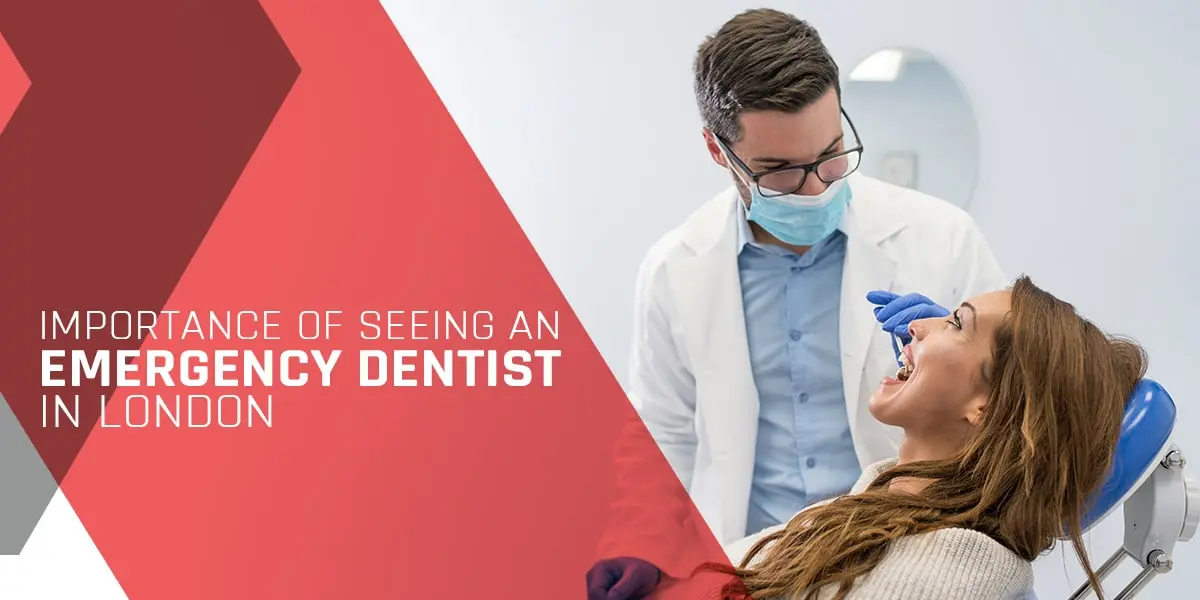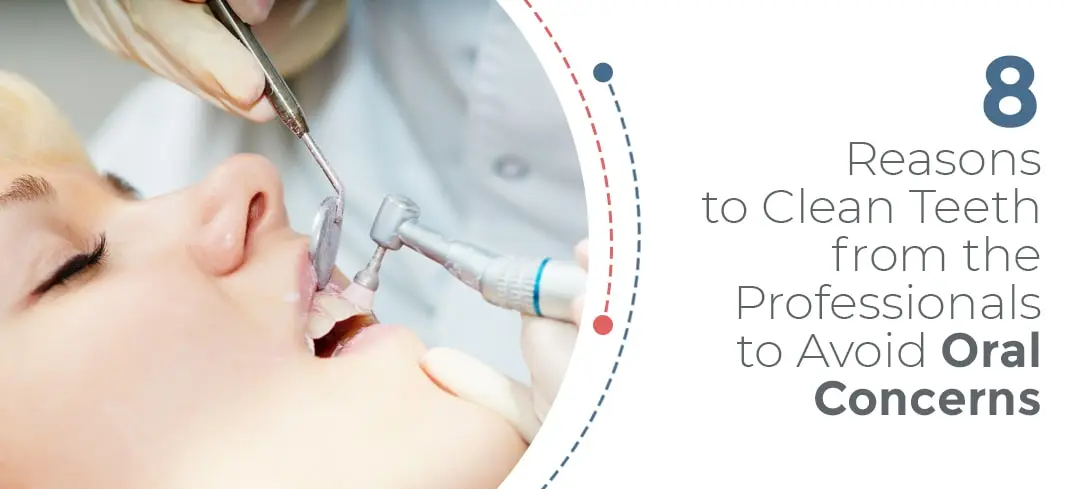
Emergency Dentists in Islingto...
Posted on : 24 Jun 2024Dental emergencies can come up any moment, without any prior notice or implication. Those are trying...
Read More
Emergency Dentist Offers Tips...
Posted on : 24 Jun 2024No one claims dentures to be unbreakable. Dentures can get damaged and break, which makes eating, ch...
Read More
Effective Dental Tips to Follo...
Posted on : 24 Jun 2024Your teeth have to pass through several stages in life, just like other parts of your body. It is im...
Read More
Do Not Unnecessarily Delay on...
Posted on : 24 Jun 2024You’ve taken the best preventive measures to keep the dental problem of tooth decay away from...
Read More
Diabetes and Oral Health Probl...
Posted on : 24 Jun 2024Diabetes affects a lot of individuals everywhere throughout the world. Early identification ca...
Read More
Conditions that Call for Emerg...
Posted on : 17 Jun 2024You can never know when a dental trauma is going to strike, it may occur at any moment. Such conditi...
Read More
Emergency Dental Care: Your Do...
Posted on : 03 Jun 2024Unfortunately, a dental emergency may happen at any moment. A trauma, resulting from a nasty road ac...
Read More
3 Common Tooth Injuries That T...
Posted on : 15 May 2024You don’t have to suffer needlessly after sports accidents involving the teeth. Luckily, moder...
Read More
5 Commonest Reasons for Teeth...
Posted on : 01 May 2024Do your teeth hurt when you brush? Do you experience an unpleasant sensation when you eat anything c...
Read More
5 Great Tips from an Emergency...
Posted on : 16 Apr 2024Obviously, you do not want to begin your day by seeing a dentist due to certain dental complications...
Read More
6 Effective Procedures to Help...
Posted on : 02 Apr 2024It is an undeniable truth that apart from being qualified, a good dentist should also be friendly, p...
Read More
11 Ways to Deal with Dental Em...
Posted on : 15 Mar 2024Have you had a dental emergency? If you have an injury to your teeth or gums, then this can be serio...
Read More
Wisdom Teeth Removal: Regain A...
Posted on : 01 Mar 2024Wisdom teeth are the final set of molars that people get in their late teens or early twenties. You...
Read More
Importance of Seeing an Emerge...
Posted on : 16 Feb 2024Dental problems can arise unexpectedly, occurring at any time and in any place. The need for an emer...
Read More
10 Effective Home Remedies to...
Posted on : 02 Feb 2024If you are experiencing a tooth abscess, immediate dental treatment is essential. While some home re...
Read More
8 Things You can do to Elimina...
Posted on : 15 Jan 2024Are you suffering from severe tooth pain? This can become unbearable making it really difficult to c...
Read More
8 Reasons to Clean Teeth from...
Posted on : 01 Jan 2024Do you clean your teeth at least two times in a day? Well, brushing and flossing are extremely impor...
Read MoreRecent Posts
Emergency Dentists i...
Dental emergencies can come up any moment, wi...
Emergency Dentist Of...
No one claims dentures to be unbreakable. Den...
Effective Dental Tip...
Your teeth have to pass through several stage...
Do Not Unnecessarily...
You’ve taken the best preventive measur...
Diabetes and Oral He...
Diabetes affects a lot of individuals e...
